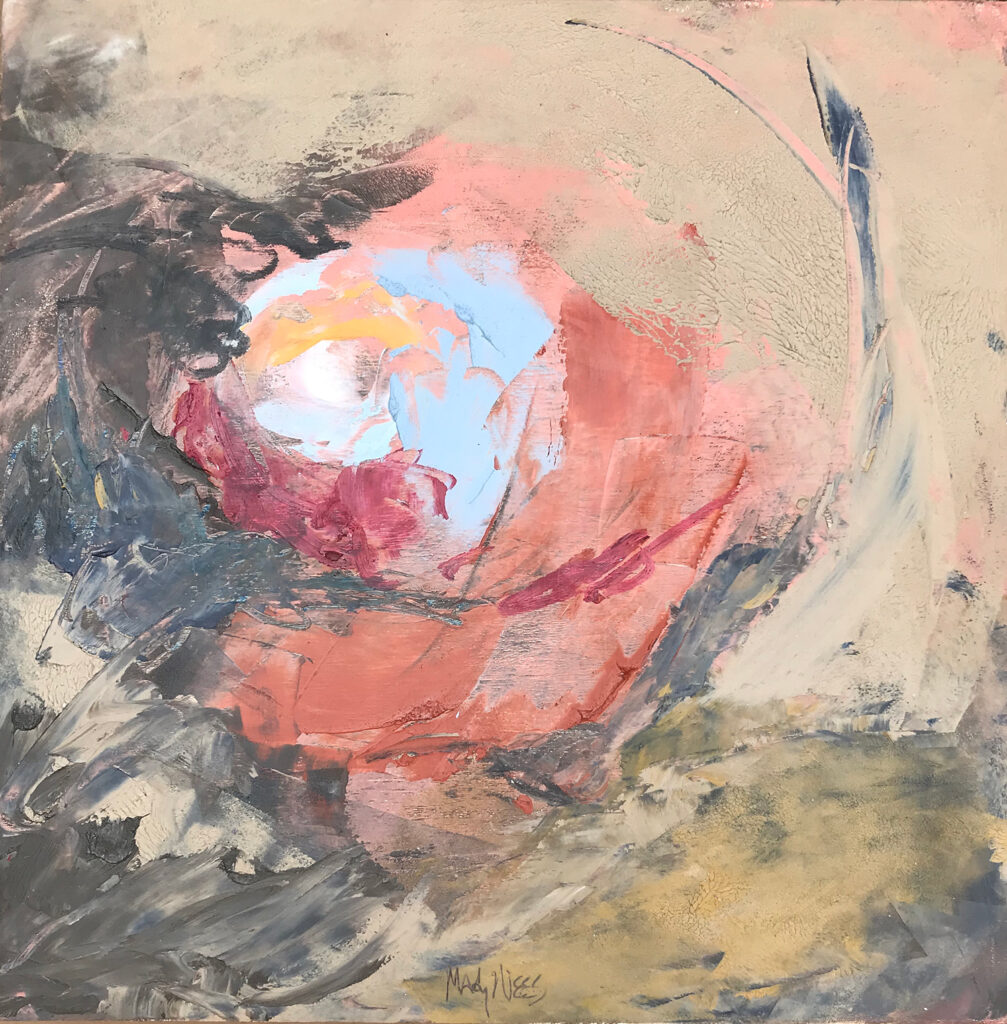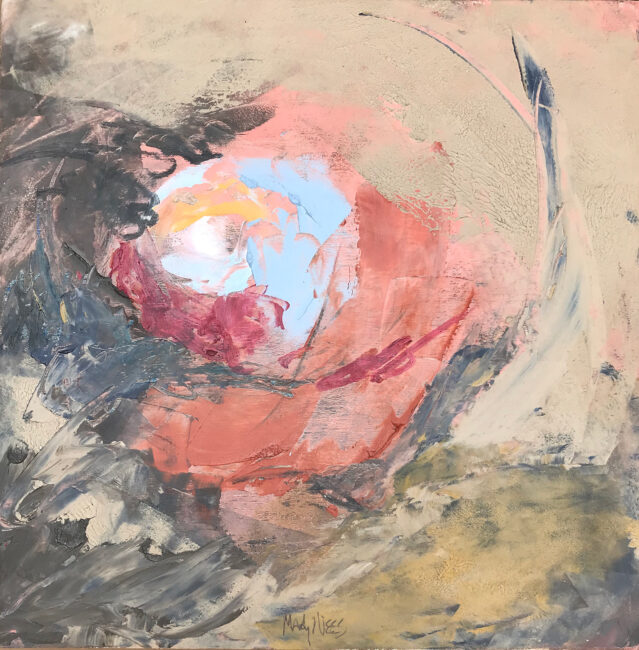In the previous Psalm of this series the writer has been hit broadside. You can hear it as he flails around in focus between the pain, his long history with this pain, the ones causing the pain, his recollection of the Lord’s justice and his imagination at what observers might say…
Psalm 130 follows and this is where the writer gets way more effectively focused. It is fitting that such singularity would happen here, for remember the triplet rhythm we’ve already seen 3x in this whole collection of 15, even as we sit now in the middle of its 4th triplet. Every time this rhythm was walked through (1. Distress, 2. Reliance, 3. Resolve) the middle Psalm of each triplet was the pivotal expression, or the necessary bridge between the problem and the resolution.
We don’t know how much time has passed between the writer’s experience of the pain of Ps.129; but by the time in his own life that he voices 130, the pain is excruciatingly worse. It is internal now, personal; it is between him and his God now, and some things have had to get clear to him in focus. Observe how he does that, how he pivots, and how he makes a direct appeal:
A song of ascents.
130 From the deep water I cry out to you, O Lord.
2 O Lord, listen to me.
Pay attention to my plea for mercy.
3 If you, O Lord, were to keep track of sins, O Lord, who could stand before you?
4 But you are willing to forgive, so that you might be honored.
5 I rely on the Lord.
I rely on him with my whole being; I wait for his assuring word.
6 I yearn for the Lord, more than watchmen do for the morning,
yes, more than watchmen do for the morning.
7 O Israel, hope in the Lord, for the Lord exhibits loyal love,
and is more than willing to deliver.
8 He will deliver Israel from all their sins.
It’s commonly easy to bail on God at any broadside hit. I love how the scriptures, in many places, are downright transparent about this. We flounder, we fret, we complain bitterly, then we look for a fix. Too often that fix is our own quick pain-relieving strategy: “out of my way, let ME handle this” (read Jacob, read Peter…). But to stay with God, to trust His character through our own tears, to wait on His solution is by far the better (even if immediately more painful) choice. Can you hear the excruciation going on here? “deep water” “pay attention”! “who can stand” “rely on Him with my whole being” “wait” “yearn” “He will”…
A crucible is defined by one dictionary as “a situation of severe trial, or in which different elements interact, leading to the creation of something new”. I find that fascinating, for there is mention even by definition of an elemental interaction before we can get to the something new. And consider this: apparently the latin root, crux, references back to the cross. In the medieval period, a “crucible” was a night lamp which illuminated that cross as the main point in the darkness.
Now, I wasn’t thinking of the cross when I painted this piece (though that reality certainly is prefigured in this Psalm 130: “willing to forgive” “loyal love” “sins” “deliver”. I was thinking of my own Psalm 129 type pain, which is spoken also in Psalm 42 “Why are you in despair, my soul? And why are you restless within me? Wait for God, for I will again praise Him For the help of His presence, my God.”

Both these cries were voiced and recorded by a God follower hundreds of years before the cross. Both of them were experienced on the cross. And both of them have been my experience. But like the focus forged inside the Psalmist’s heart, I have had to learn to look to the only fix that is solid and worth waiting for. Look at the mud color in my rendition of this hard place. The black and red intrusions show the pressure, and the paint application is fluid. There’s a linear mark indicating the cry upward, and in the distance, something comes clearer to focus on. That something is detailed by the Psalmist’s words about the abiding character of His God.
This to me, is the most important pivot in the entire collection of 15 Ascent Psalms. A lot of journey has been covered already. But there is nothing “automatic” about making it to the end intact with a heart that has stayed hot toward God. The choice of Psalm 130 is where that aim gets exampled.
